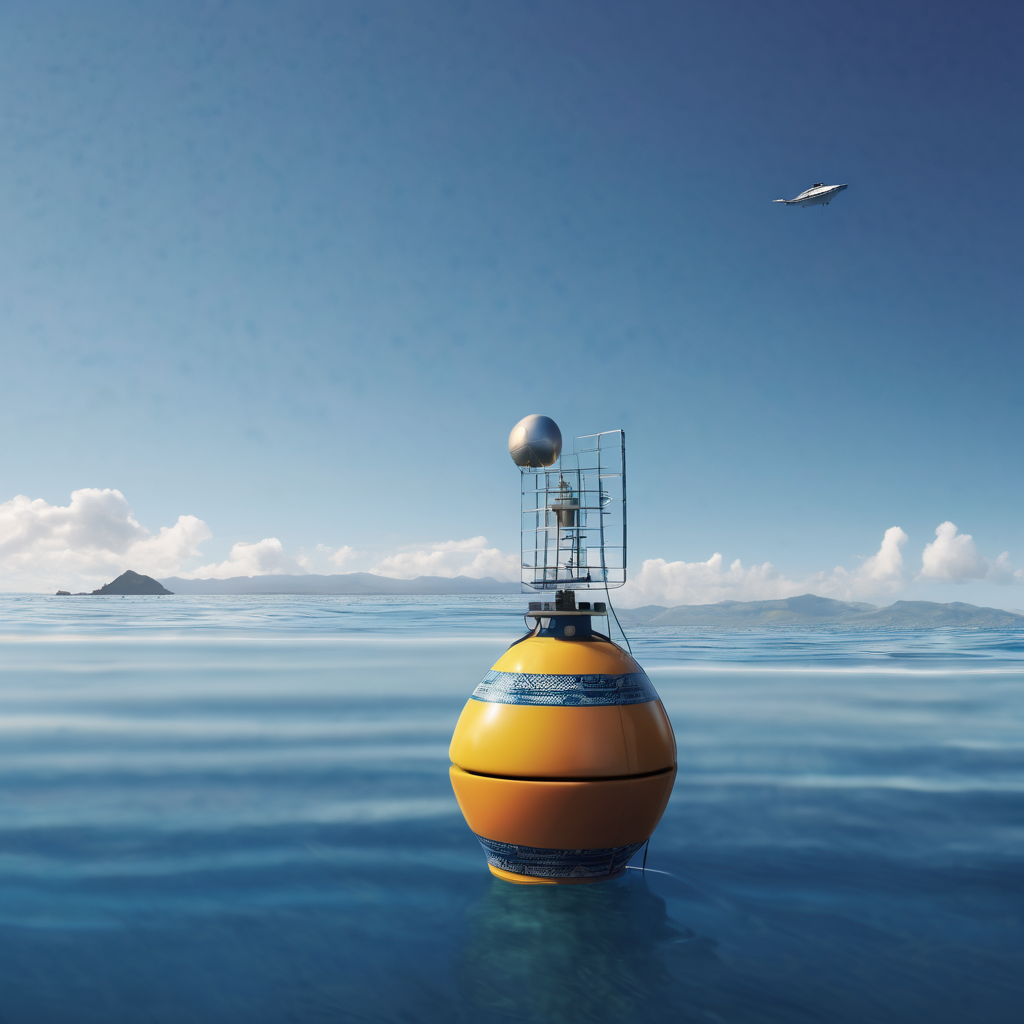A newly upgraded ocean portal has been introduced at the Pacific Islands Ocean Conference in Honiara, aimed at empowering island nations by offering accessible and reliable ocean and climate data. This innovative platform, which integrates over a decade of user feedback, compiles data from both local and global sources, thanks to collaborations with the World Meteorological Organization and UNESCO’s Intergovernmental Oceanographic Commission, all presented in a user-friendly manner.
Jens Kruger, Deputy Director for the Pacific Community’s Ocean and Maritime Programme, underscored that the portal reflects the scientific and technical capabilities of the Pacific peoples. He emphasized that the initiative is crafted for and by the Pacific, challenging previous assumptions regarding the region’s technical capacity and highlighting the portal’s tailored design to meet the requirements of Pacific decision-makers and practitioners.
Among the key features of the Pacific Ocean Portal are interactive maps, real-time forecasts, historical datasets, climate projections, and customizable national dashboards. These tools empower governments to manage their data with security and transparency. The goal is for the portal to be “usable, useful, and ultimately used,” marking a notable evolution from its predecessors.
Karl Kuper, Solomon Islands Deputy Secretary Corporate at the Ministry of Environment, Climate Change, Disaster Management and Meteorology, commended the initiative as a demonstration of effective partnership and leadership. He noted that the portal transcends a typical website, actively supporting essential endeavors such as coral reef protection, maritime safety, tourism, fisheries management, and disaster preparedness, all by transforming complex data into actionable insights.
The portal is already operational in 15 Pacific Island countries due to comprehensive training programs, with plans to extend its reach to regions like American Samoa. Its diverse user base includes local fishermen monitoring sea conditions, students, and researchers employing the platform for educational purposes. Policymakers are also expected to gain significantly as they increasingly look toward real-time data for informed decision-making.
This collaborative effort was driven by the Pacific Community, in conjunction with the Climate and Ocean Support Program in the Pacific (COSPPac), with sustained backing from Australia and New Zealand. Kuper affirmed that this initiative highlights the resilience and creativity of Pacific communities, with the aim of empowering them and enhancing collective action in response to climate challenges.
The official launch of the Pacific Ocean Portal concluded with a live demonstration, highlighting its potential to elevate ocean and climate services throughout the region. Now accessible at oceanportal.spc.int and free of charge, this development represents a promising advancement for Pacific nations as they work towards adapting to climate change and utilizing their unique knowledge for sustainable environmental management.
